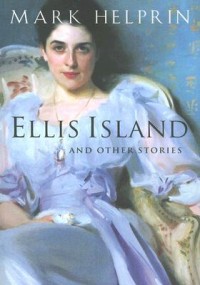
Is “Ellis Island,” the titular novella in this story collection, the best thing written on the American dream since the Declaration of Independence?
In 1981, when this book came out, The New York Times’s Anatole Broyard said of Helprin, “Nothing is familiar in his stories: he is interested only in the fabulous, the borderline between perception … Read More

A.D. Nuttall is a god damn genius. As of May 6, 2011, I am his only Goodreads “fan” (as well as the only “fan” of supreme literary critic Robert Alter) and that’s a testament both to the meaninglessness of literary fandom and to the intellectually backwards times we live in. But at least this Nuttall … Read More
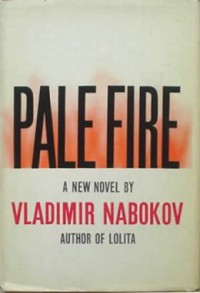
I recently returned to Pale Fire after leaving it unfinished over ten years ago. I returned not least because the sage Robert Alter commended it and quoted from it this brilliant passage on mirrors:
He awoke to find her standing with a comb in her hand before his–or rather, his grandfather’s–cheval glass, a triptych of bottomless … Read More
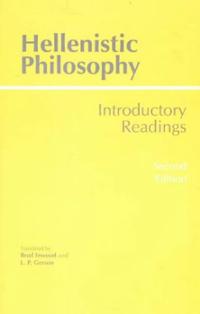
A.D. Nuttall, the Oxford literature professor, has observed that ancient philosophy falls into two periods–the first being that of Socrates, Plato, and Aristotle, the second being the generation that followed: Epicurus, Zeno (father of Stoicism), skeptics like Pyrrho, and others. Socrates died in 399 B.C.E., but the rest lived and wrote mostly in the 4th … Read More
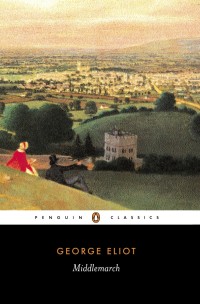
“That greatness is here we can have no doubt,” Virginia Woolf wrote of George Eliot in 1919, a century after Eliot was born (and christened with the name Mary Anne Evans). “[A]s we recollect all that she dared and achieved … we must lay upon her grave whatever we have it in our power to … Read More
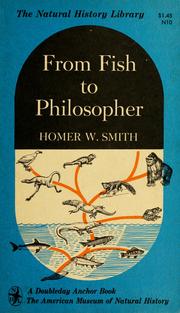
“Urine is the stuff of philosophy,” says Homer Smith. And if you read him, you’ll agree. In fact, I believe every person who wants to understand fully what a living thing is, what a human being is, should read this book.
Published in the 1950s and reissued in 1961 by the American Museum of Natural History … Read More
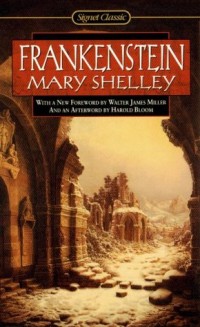
This question hovers over the novel’s outrageous plot: why would Victor Frankenstein abandon his creation? It doesn’t really make much sense unless you appeal to the open secrets of Mary Shelley’s biography. Her mother died of puerperal sickness (i.e., after childbirth), abandoning her daughter Mary to a lifetime without her. The monster’s undiminished rage at … Read More
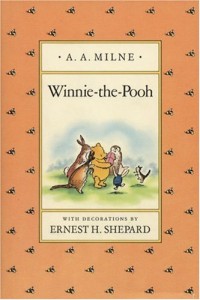
Many books and movies for children are also entertaining to adults. A.A. Milne’s work, conversely, is profoundly absorbing (and hilarious) for adults, and also, secondarily, diverting to kids. It also scrupulously safeguards a G-rating by omitting direct reference to death, sex, and other nether body functions–though every child wonders, at least in passing, how grown-ups … Read More
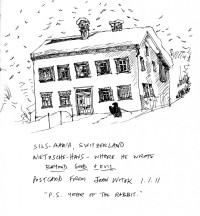
My blog this week, on Nietzsche, savagery, self-destruction, Lake Sils, Anne Frank, and stones in umbrellas, appears here, at writershouses.com. This is one of my best essays, on one of the best essayists of all time.
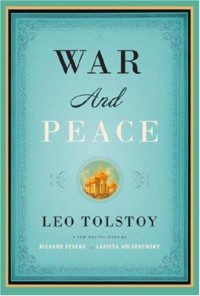
“I only know two very real evils in life: remorse and illness,” Prince Andrei says to Pierre in War and Peace. Life torments from within and without, according to Tolstoy, who, like the writers of the Hebrew bible, compasses the innermost human thoughts adrift in the chaos and cosmic rancor of history.
I’m not a quick … Read More
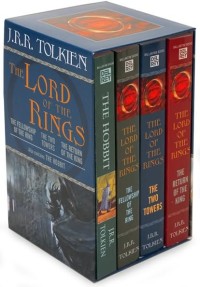
As Anthony Lane wrote in The New Yorker in 2001, “The work of Tolkien is infamously, almost scandalously, bereft of sex.” Lane says he read it at 11 and 12 years old, exactly when I did–an age when a pretty girl was scarier than an orc. Lane says that Tolkien’s epic particularly suits “those who … Read More

Roald Dahl is the burrowing fox of children’s literature. His mind burrows deeper and deeper into a story possibility and discovers within it a world of miniature wonders. He takes you on a voyage into mental and physical inner space–inside the labyrinth-like chocolate factory, into the underground tunnels of the fantastic Mr. Fox, inside a … Read More
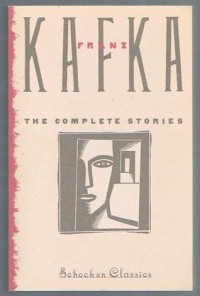
Kafka is probably the funniest writer I’ve ever read. Partly the world of paranoid fantasy he depicts is just so familiar to me. (What? Is there something wrong with that? Why are you judging me?) I have laughed till I was in tears reading Kafka, and supposedly Kafka himself, his friend Max Brod, and others of … Read More
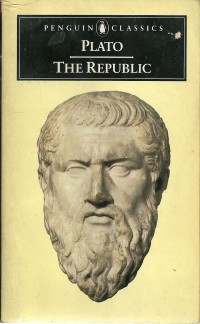
The Republic is amazing in that it contains inchoate within it many of the major arguments later put forward by Descartes, Hobbes, Bacon, Mill, Hegel, Nietzsche, Marx, Freud, Wittgenstein, and many others. Because of the style–elenchus, or Socratic dialogue–Plato’s many profound insights are embedded in a rambling river of desultory, all-night sort of conversation between … Read More
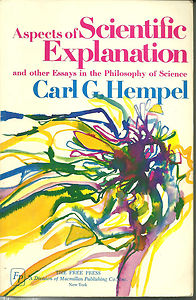
In 1965 Carl Hempel sought to describe the process of scientific explanation. While it may not sound like an original or important thing to do, it was. For now you’ll just have to trust me because I’m the sort of person that electively reads books entitled Aspects of Scientific Explanation.
As you might guess, Hempel’s account … Read More